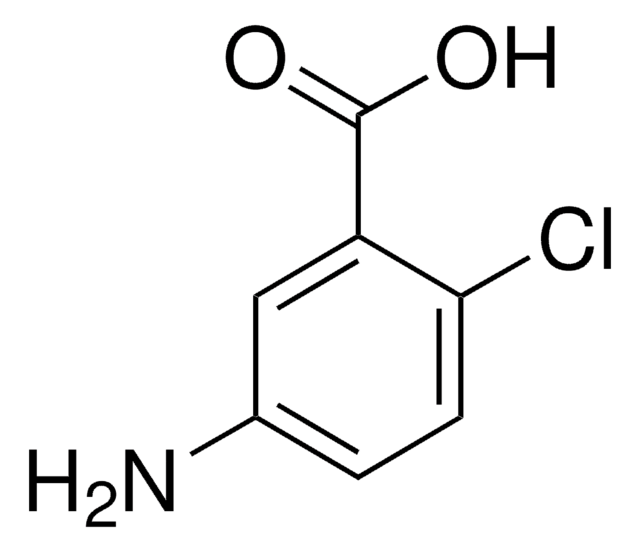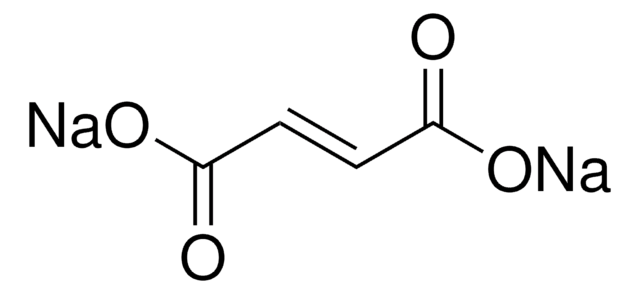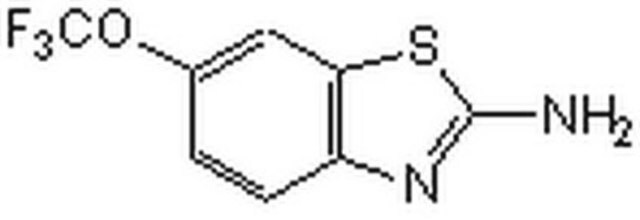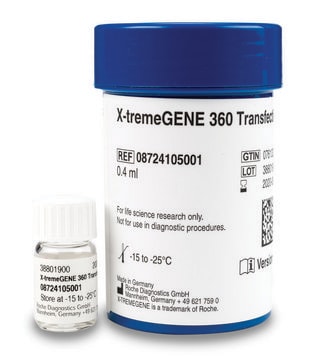Recommended Products
description
Powered by Eupheria Biotech
Quality Level
product line
MISSION®
form
lyophilized powder
esiRNA cDNA target sequence
TTCAAGCCTATTCGGGTGTCGGAACCAGTGCTTTCCCTGCCGGTGCGCAGGGGAAGCGTGACTGTGCTCAGTGGATATGCTGCTGATGAAATCACTCACTGCATACGGCCTCAGGACATCAAGGAGCGCCGAGCAGTCATCATCCTCAGGAAGACAAGATTAGATGCACCCCGGTTGGAAACAAAGTCCCTGAGCAGCTCCGTGTTACCACCCAGCTATGCTTCAGATCGCCTGTCAGGAAACAACAGGGACCCTGCTCTGAAACCCAAGCGGTCCCACCGCAAGGCAGACCCTGATGCTGCCCACAGGCCACGGATCCTGGAGATGGACAAGGAAGAGAACCGGCGCTCGGTGCTGCTGCCCACACACCGGCGGAGGGGTAGCTTCAGCTCTGAGAACTACTGGCGCAAGTCATACGAGTCCTCAGAGGACTGCTCTGAGGCAGCAGGCAGCCCTGCCCGAAAGTCTACCCGCCGCCCTCCTGGGAACTCTGGCTC
Ensembl | human accession no.
NCBI accession no.
shipped in
ambient
storage temp.
−20°C
Gene Information
human ... ALKBH5(54890) , ALKBH5(54890)
General description
For additional details as well as to view all available esiRNA options, please visit SigmaAldrich.com/esiRNA.
Legal Information
Storage Class Code
10 - Combustible liquids
Flash Point(F)
Not applicable
Flash Point(C)
Not applicable
Choose from one of the most recent versions:
Certificates of Analysis (COA)
Don't see the Right Version?
If you require a particular version, you can look up a specific certificate by the Lot or Batch number.
Already Own This Product?
Find documentation for the products that you have recently purchased in the Document Library.
Global Trade Item Number
| SKU | GTIN |
|---|---|
| EHU021751-50UG | 4061828333042 |
| EHU021751-20UG | 4061831340457 |
Our team of scientists has experience in all areas of research including Life Science, Material Science, Chemical Synthesis, Chromatography, Analytical and many others.
Contact Technical Service








